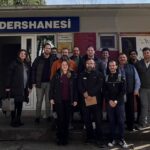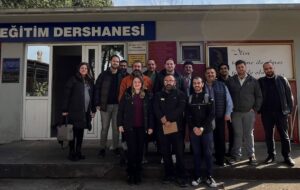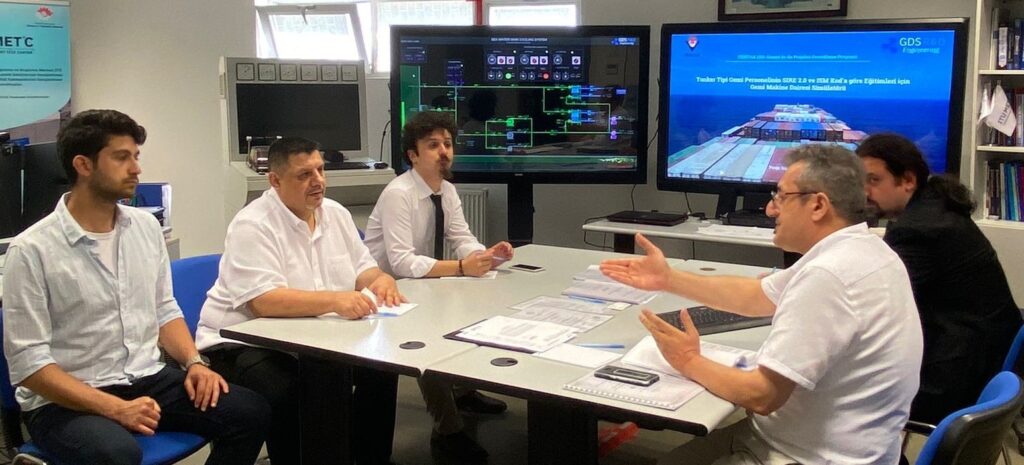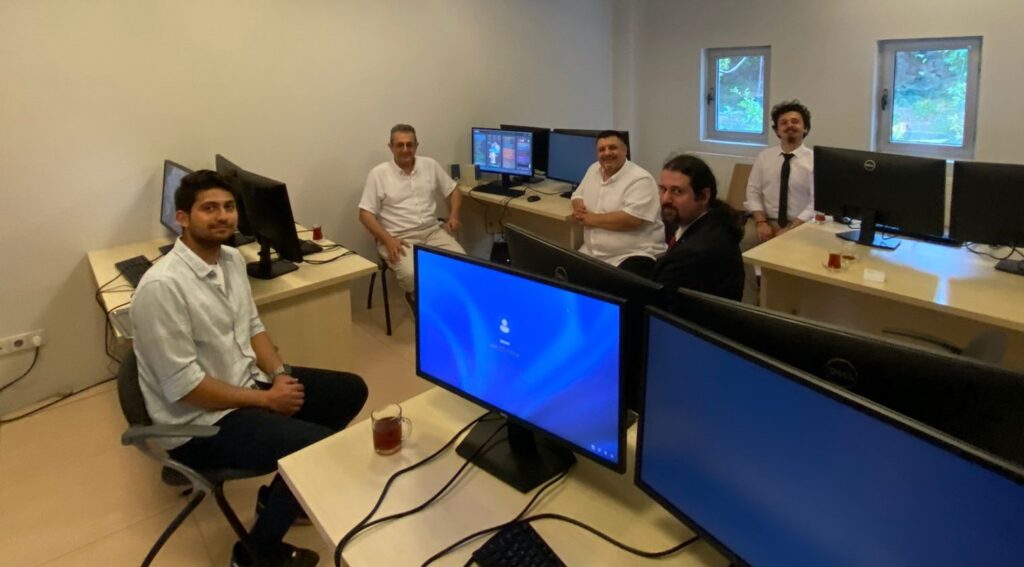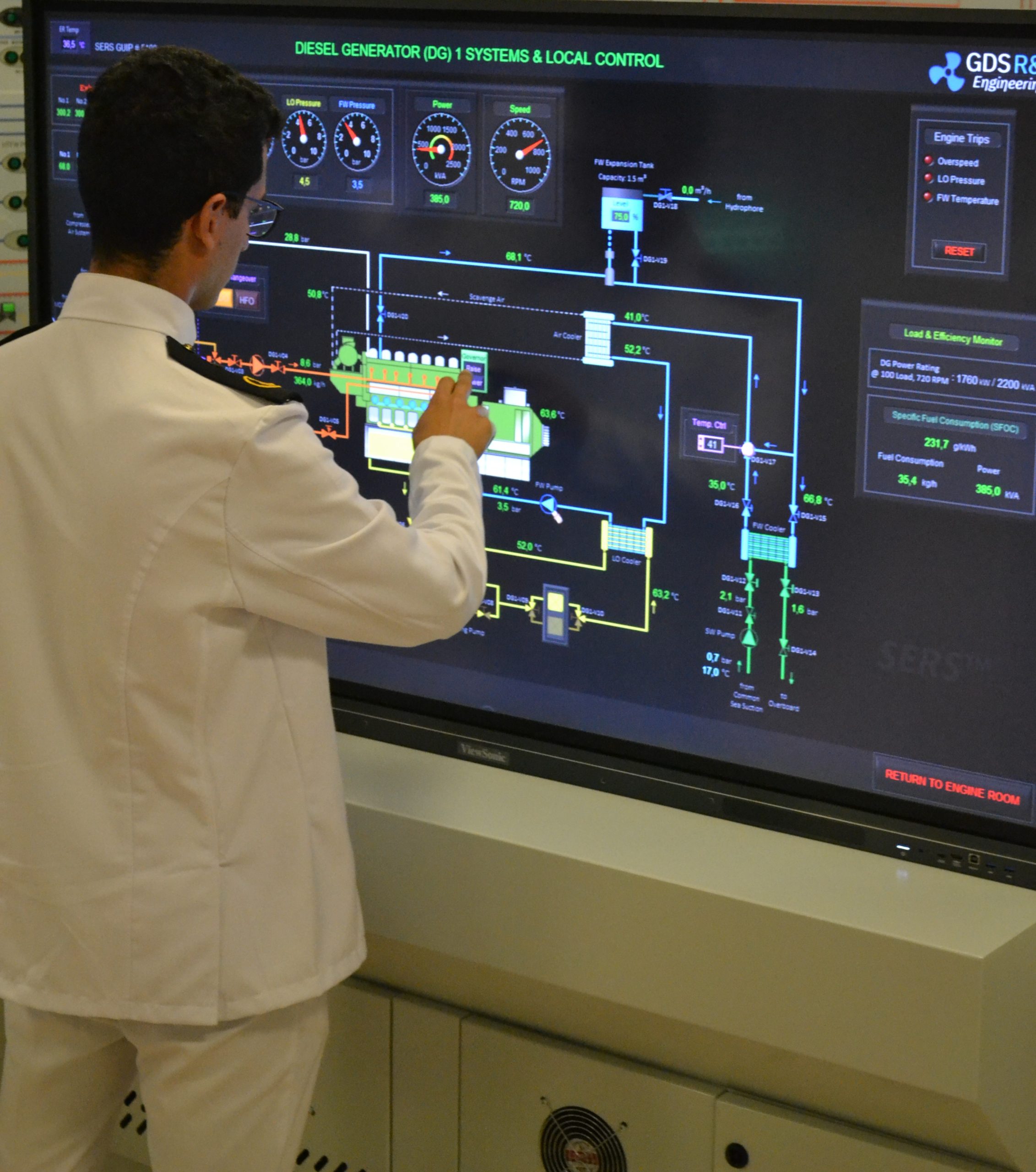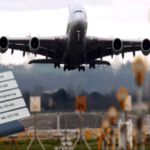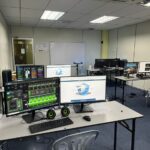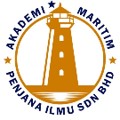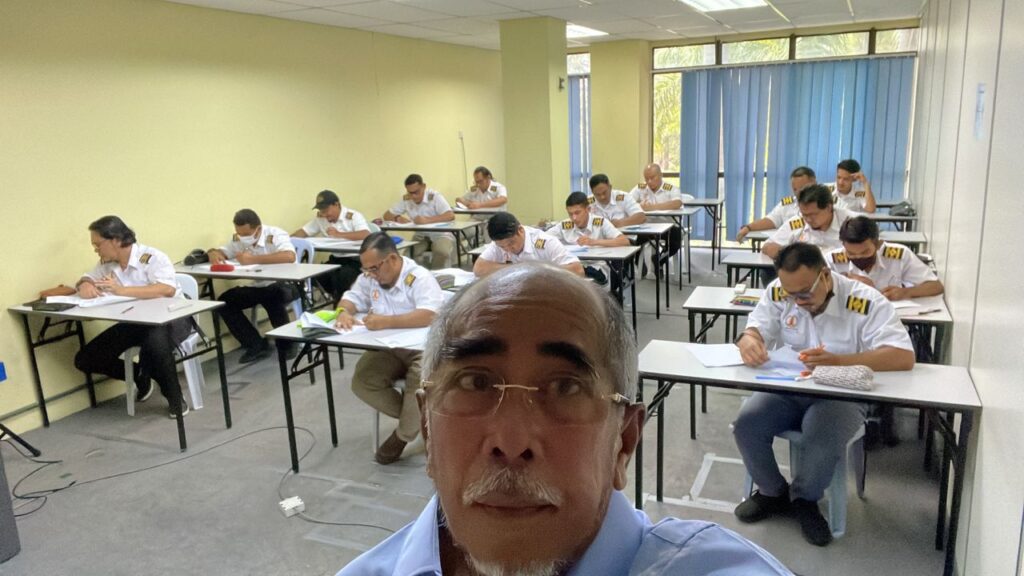The Importance of SIRE 2.0 and GDS Ship Engine Room Simulator in Developing Advanced Skills for Onboard Maritime Personnel
The maritime industry has significantly pushed towards technological advancement and stricter safety and operational standards in recent years. As vessels become more sophisticated and regulations evolve, the role of well-trained onboard maritime personnel becomes increasingly essential. In this context, the SIRE 2.0 program and GDS Ship Engine Room Simulator represent pioneering tools designed to equip maritime crews with deep technical skills necessary to meet new demands and improve the safety and efficiency of maritime operations. These tools provide a more immersive and practical learning experience, allowing crew members to understand ship operations and emergency procedures better, thereby enhancing their ability to respond effectively in real-world situations.
Understanding SIRE 2.0 and Its Impact on Maritime Training
A Team That Loves to Create
The Ship Inspection Report Program (SIRE) has long been a fundamental tool in maintaining safety and operational standards across the maritime industry, particularly for tanker operations. Launched by the Oil Companies International Marine Forum (OCIMF), the program provides a comprehensive inspection system that evaluates the condition and operations of vessels. However, with the growing complexity of modern ships and stricter environmental and safety regulations, the traditional SIRE program required enhancements to address these evolving needs. This led to the development of SIRE 2.0, an upgraded version that integrates data-centric inspection methodologies with a stronger focus on crew competency, operational excellence, and technical skills.
One of SIRE 2.0's key features is its focus on assessing crew members' competency in handling complex equipment and operations. Rather than focusing solely on vessel conditions, SIRE 2.0 evaluates the practical skills, knowledge, and decision-making abilities of onboard personnel. This ensures that crew members are familiar with equipment and operational standards and capable of responding effectively to critical situations.
The emphasis on crew competency in SIRE 2.0 aligns with the industry’s shift toward a human-centered approach to safety and operational excellence. This paradigm shift means that training programs must go beyond traditional instruction and delve into more practical, technology-driven skills, where simulators like the GDS Ship Engine Room Simulator come into play.
The Role of the GDS Ship Engine Room Simulator in Skill Development
Keep It Simple
The GDS Ship Engine Room Simulator is an advanced training tool that replicates the engine room environment of modern vessels, providing maritime personnel with hands-on experience in a controlled setting. This simulator covers many critical systems in ship engine rooms, including propulsion, auxiliary machinery, electrical systems, and emergency protocols. By using the simulator, crew members can practice their skills, refine their decision-making processes, and gain confidence in handling complex systems without the risks associated with real-world errors.
The simulator allows trainees to engage in realistic scenarios, such as equipment failures, power management issues, and environmental challenges. This training is invaluable in helping them develop deep technical skills needed to respond effectively under pressure. Given the increasing complexity of ship machinery, which often integrates digital and automated controls, such simulator-based training ensures that personnel are well-prepared for routine and emergency operations.
Developing Deep Technical Skills with SIRE 2.0 and the GDS Simulator
By integrating SIRE 2.0’s competency standards with the practical capabilities of the GDS Ship Engine Room Simulator, maritime training institutions can foster deep tech skills that are essential in today’s high-stakes maritime environment. Training programs using these tools can address various aspects, including:
- Operational Readiness: By simulating real-life engine room conditions, the GDS simulator enables personnel to understand systems and processes intuitively, aligning with SIRE 2.0’s focus on crew readiness and situational awareness.
- Crisis Management and Decision-Making: The simulator provides scenarios that replicate emergencies, allowing trainees to practice crisis response, prioritize actions, and make critical decisions under pressure.
- Technical Proficiency: The GDS simulator helps personnel develop advanced skills in troubleshooting and maintaining complex machinery, which is crucial for achieving SIRE 2.0’s standards for operational excellence.
- Environmental Compliance: With a growing emphasis on environmental regulations, the simulator enables crew members to familiarize themselves with compliance standards and practice procedures that reduce environmental impact, such as optimizing fuel usage and managing waste effectively. The SIRE 2.0 program also plays a crucial role in this aspect, as it evaluates a vessel’s environmental management systems and crew’s awareness of environmental issues, ensuring that the vessel operates in a safe and environmentally responsible manner.
- Safety Protocols: The simulator reinforces safety protocols through realistic training scenarios, ensuring that personnel can identify and mitigate risks, a core SIRE 2.0 inspection program component. The SIRE 2.0 program, focusing on crew competency and operational excellence, further enhances safety by ensuring that crew members are well-trained and capable of handling emergencies effectively, thereby reducing the risk of accidents and ensuring the safety of the vessel and its crew.
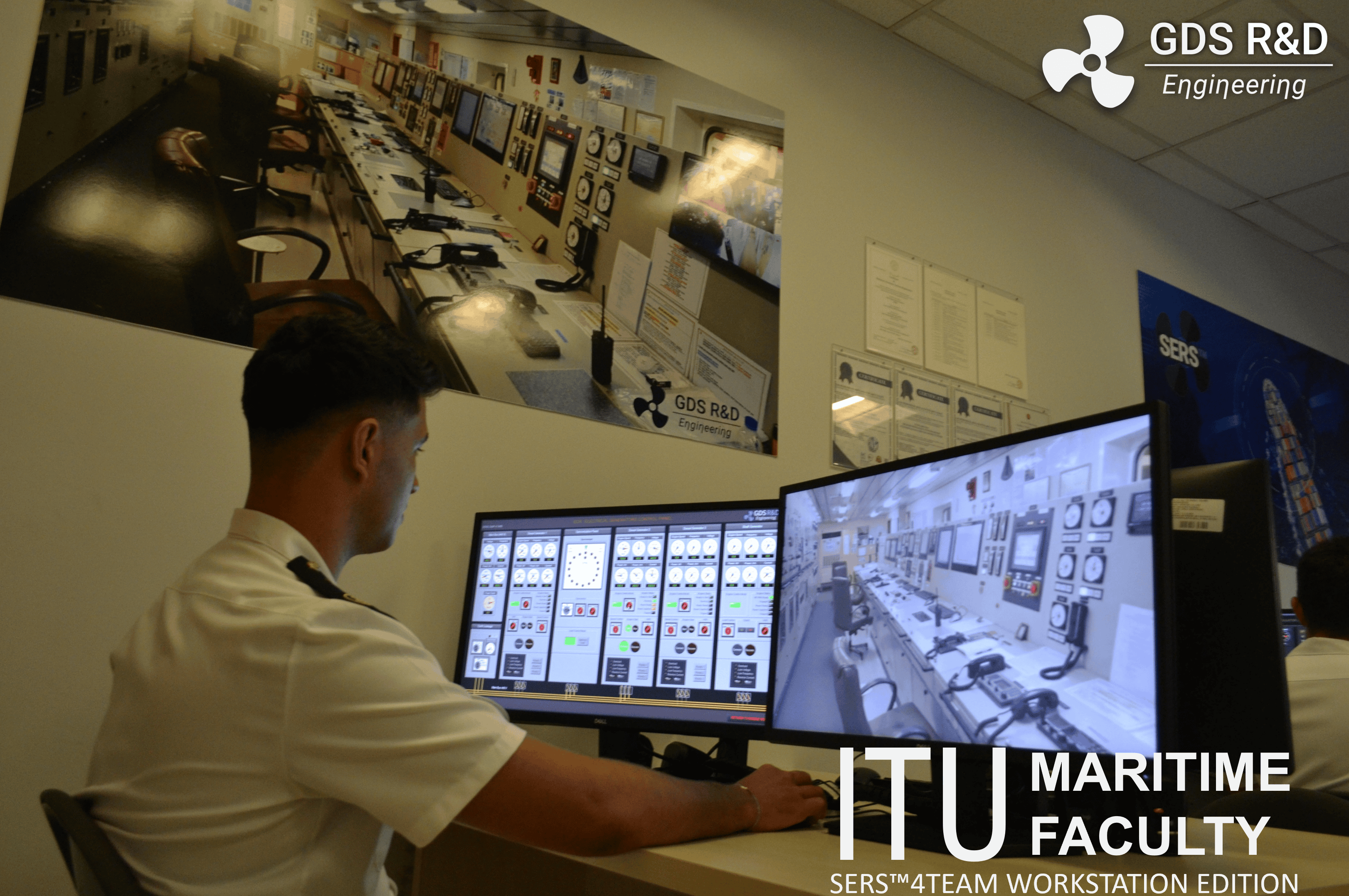
Enhancing the Future of Maritime Training
Training methodologies must evolve accordingly as the maritime industry continues to advance technologically. SIRE 2.0 and the GDS Ship Engine Room Simulator represent a forward-thinking approach to maritime training that emphasizes deep technical skills, operational competence, and environmental awareness. By embedding these elements into their training programs, maritime institutions can ensure that their personnel are qualified to operate today’s vessels and prepared to meet the challenges of tomorrow’s maritime landscape.
In summary, the combination of SIRE 2.0 standards and the immersive experience of the GDS Ship Engine Room Simulator is a critical step forward for maritime training. Using SERS in SIRE 2.0 training provides a more skilled, adaptable workforce better equipped to operate in a complex, evolving industry, ultimately enhancing global maritime operations’ safety, efficiency, and environmental responsibility.


